H-1B - the "golden ticket" in the global talent race
Imagine a fierce competition, where nearly half a million talented people from all over the world compete for just 85,000 jobs in the US each year. That is the true picture of the H-1B, a visa for highly skilled foreign workers, considered a "golden ticket" to enter professional fields in the world's number one economy .
In essence, the H-1B is a gateway for American companies to recruit outstanding engineers, scientists , programmers and experts from abroad when they cannot find suitable personnel at home. The program provides 65,000 visas each year through a lottery, plus 20,000 priority slots for people with advanced degrees from American universities. In 2025, there were more than 470,000 applications, showing its terrible heat.
It’s no surprise that Silicon Valley giants are the biggest users of H-1Bs. Amazon has already approved more than 10,000 of these visas in the first half of 2025, followed by familiar names like Microsoft, Meta – the parent company of Facebook, Apple and Google. They see the H-1B as a lifeline to maintaining their leadership, a tool to attract the best minds on the planet.
But the game is not just America’s. On the other side of the world, H-1Bs are the foundation of the $280 billion “success story” of India’s software outsourcing industry. Billion-dollar corporations like Tata Consultancy Services (TCS) and Infosys have used H-1Bs to bring tens of thousands of Indian engineers to work directly for major US clients, from Citigroup to Walmart.
With 71% of H-1B visas issued to Indians last year, the H-1B is arguably the most important bridge between the two tech powerhouses.
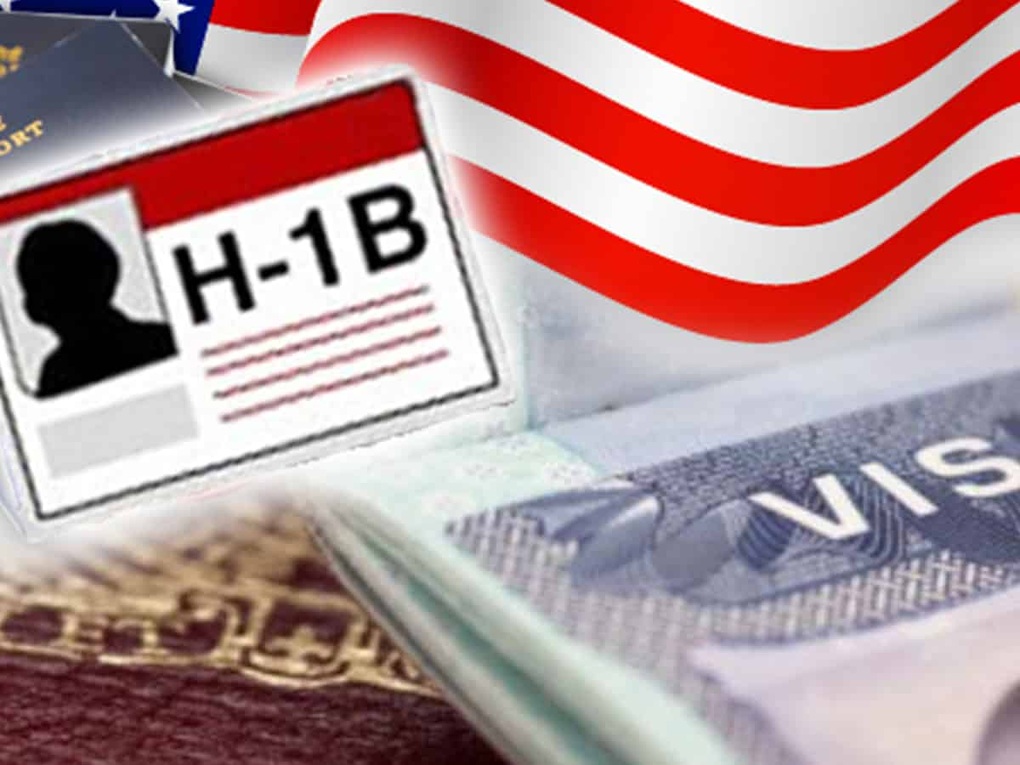
Over the years, the H-1B has become an important tool, helping giant technology corporations such as Amazon, Microsoft, Meta or Google fill personnel gaps (Illustration: Siasat).
"America First" Strategy
And then, that bridge suddenly shook violently. On September 19, President Donald Trump signed an executive order imposing an unprecedented $100,000 fee for each new H-1B visa application, effective September 21. The decision does not affect those who already have a visa or are in the process of renewing it, but it deals a serious blow to the future of the program.
The White House explained that the move is part of an “America First” strategy to prevent the “abuse” of H-1B visas, which are believed to have suppressed the wages of American workers and facilitated the outsourcing of IT jobs. The goal is clear: to encourage companies to hire domestic staff.
This is not the last step. The Trump administration’s reform roadmap also includes the Department of Labor raising the minimum wage for H-1B visa holders, and the Department of Homeland Security developing regulations to prioritize the highest-paid workers in the lottery.
This move also sends a very clear message that if companies want to hire foreigners, they have to pay a very high price and have to prove that they are truly excellent talents.
Silicon Valley in turmoil, India in shock
Mr Trump’s announcement immediately sent shockwaves through Silicon Valley, with some companies initially advising employees to limit travel outside the country before the White House clarified that the rule only applied to new filings.
Economists were quick to sound the alarm. Atakan Bakiskan of investment bank Berenberg called it a classic example of “anti-growth policymaking.” He argued that making it prohibitively expensive to attract foreign talent would cause a “brain drain,” which would weigh on the productivity of the economy as a whole.
“Investments in artificial intelligence are unlikely to offset the losses caused by the loss of human capital,” he stressed. The bank even lowered its US economic growth forecast from 2% to 1.5% and warned that this figure “could soon become too optimistic.”
While large tech companies have the financial wherewithal to pay the new fees, Kathleen Brooks, director of research at XTB, worries that other sectors that also rely on H-1Bs, such as healthcare and education, could face serious difficulties in recruiting future staff.
But the epicenter of the storm is India. The country’s $280 billion software outsourcing industry, considered a success story, is facing a rewrite of the rules of the game.
Shares of tech giants Infosys and TCS both fell about 3% in Monday trading after the announcement. For a company like Infosys, which is set to issue more than 2,500 H-1B visas in fiscal 2024, the new fee could cost it at least $250 million, forcing it to rethink its strategy.
The Indian government expressed concern, warning of the “humanitarian consequences” due to the risk of disrupting the lives of many families. On social media, Indian public opinion has been divided, ranging from worry to anxiety. Commerce Minister Piyush Goyal emphasized: “They (the US) are also somewhat afraid of our talent, and we have nothing against that.”

For India, which accounted for 71% of H-1B visas issued last year, Mr Trump's new order is a real shock (Photo: Getty).
Mr. Trump's goal is to protect American jobs, but this move could be a double-edged sword and cause unforeseen consequences.
A counterproductive scenario is being analyzed by experts. Mr. Bhaskar Rao, CEO of media company Digital Sea, commented that instead of hiring Americans, the increased labor costs could force American corporations to step up the construction of global competence centers (GCC) right in India. Currently, giants such as Microsoft, Google, Goldman Sachs operate large-scale centers here.
“If they can’t outsource to the US, they will expand their presence in India,” Mr. Rao said. This policy could inadvertently promote jobs moving out of the US.
In fact, Indian tech companies have not sat still. Since Trump’s first term, companies like TCS and Infosys have been gradually reducing their dependence on H-1Bs by ramping up local hiring in the US and building domestic service centers. The $100,000 fee may not kill them, but it will accelerate their transition to a new business model, perhaps focusing on more expensive onshore consulting or completely offshore.
The future is uncertain. “This decision will almost certainly be challenged in court, and the tech industry will put a lot of pressure to reverse it,” Rao said. A shock to the labor supply like this is clearly not good for the US in the long term.
Ultimately, the $100,000 price tag for an H-1B visa is more than just a financial barrier. It’s a powerful signal of change in U.S. immigration policy, a test of the agility of global tech companies, and a geopolitical chessboard in which the future of hundreds of thousands of talents and the global flow of brainpower are at stake.
As one expert put it: "Nothing is certain with Mr. Trump."
Source: https://dantri.com.vn/kinh-doanh/ong-trump-ap-phi-visa-h-1b-thung-lung-silicon-hoang-mang-an-do-lo-ngai-20250922225510625.htm








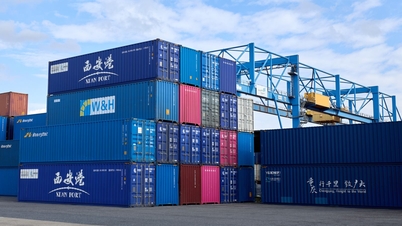

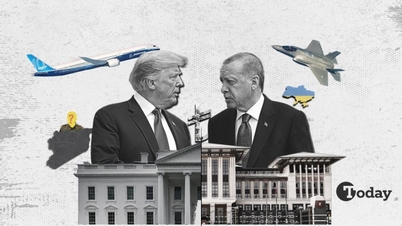

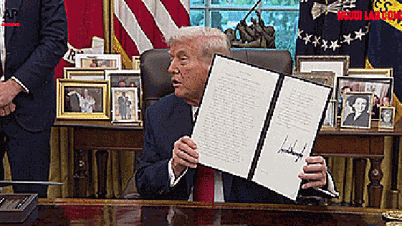

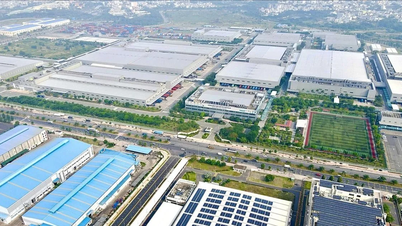



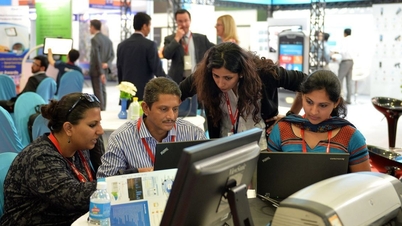




















![[Photo] Soldiers guard the fire and protect the forest](https://vphoto.vietnam.vn/thumb/1200x675/vietnam/resource/IMAGE/2025/9/27/7cab6a2afcf543558a98f4d87e9aaf95)






















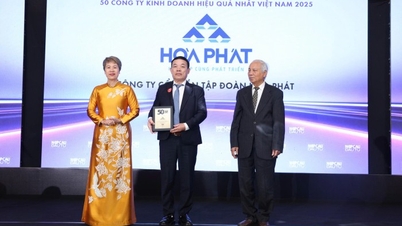




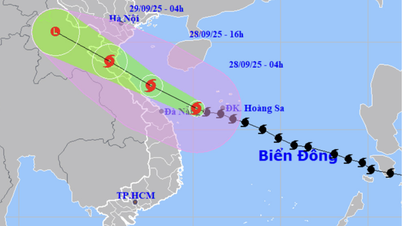


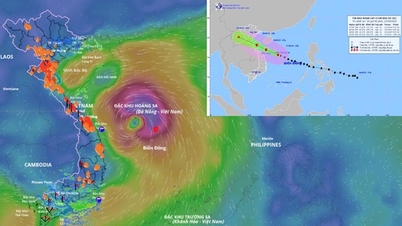






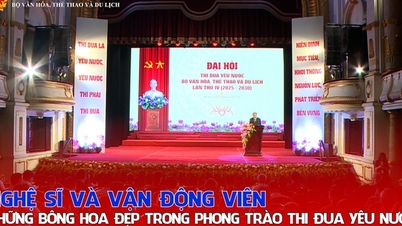


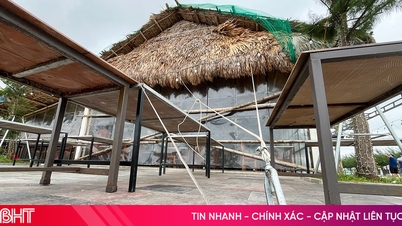
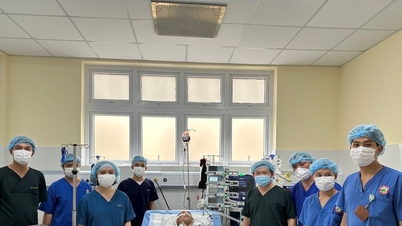



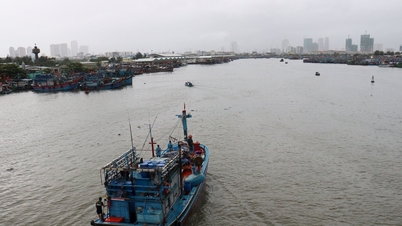











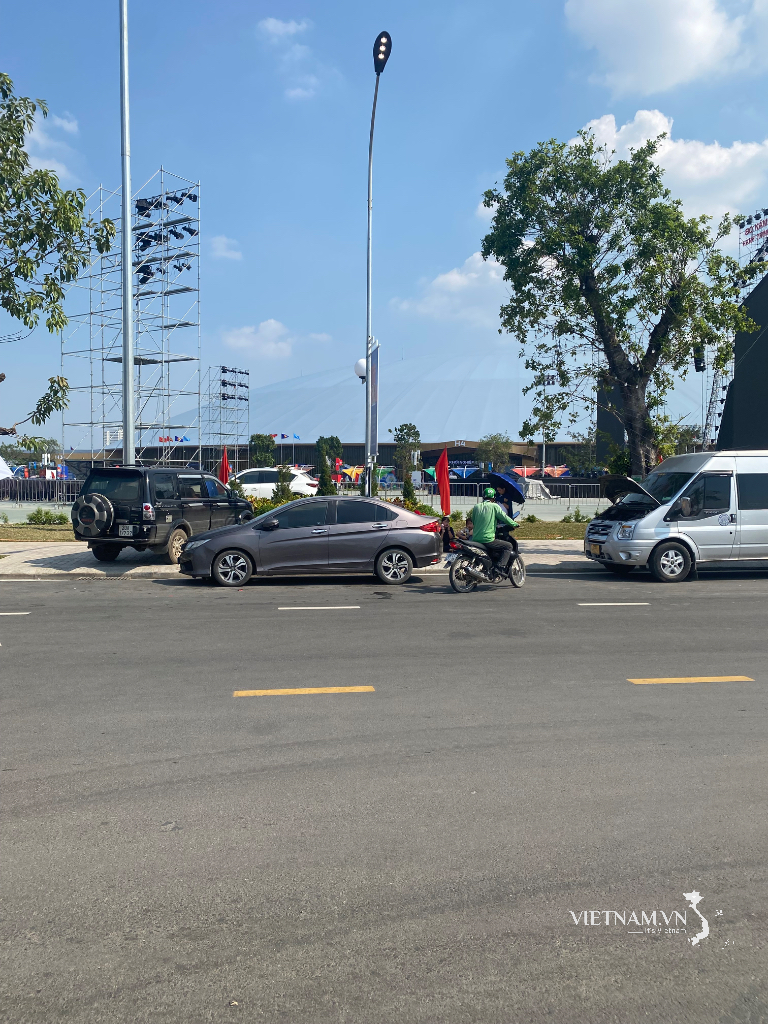


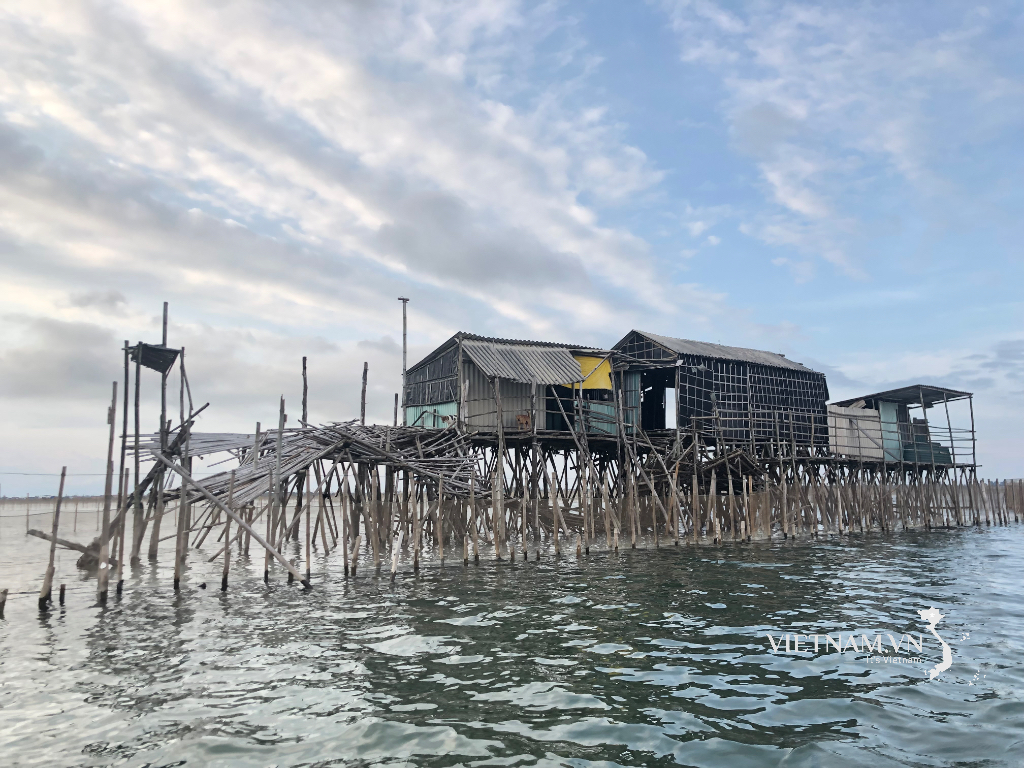
Comment (0)